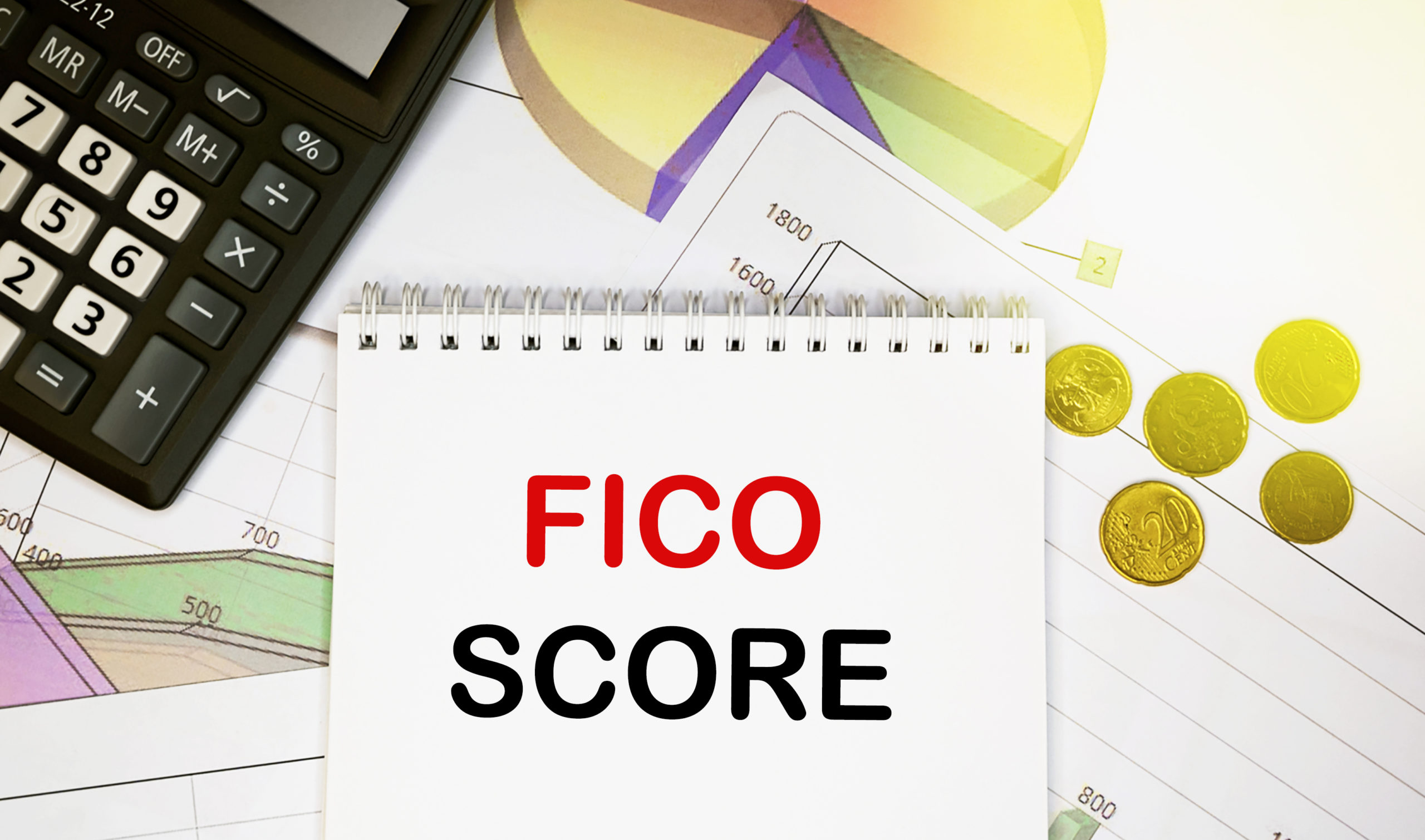
How the Fico? Steps to Fixing Your FICO Credit Score
Having a good credit score does more than help you secure loans or credit lines. It can determine interest rates, which can mean thousands of dollars in savings over the life of the loan. Your credit score can determine rates you pay for things like car insurance. A good credit can even improve your chances of getting a job, while a bad credit score can keep you from getting a job that you want.
Knowing that your FICO credit score is so important, you may wonder what you can do to improve a bad credit score. The first step to improving your credit score is understanding your credit score.
What is FICO?
If you thought that FICO stood for some type of government credit reporting agency, you are not alone. However, it does not. FICO stands for Fair Isaac and Company, the developer of the software that is used to determine credit scores.
What range are FICO scores?
FICO scores range from 300 to 850. The higher your score is, the better your credit. Scores between 300 and 579 are considered very poor, 580 to 669 are considered fair, 670 to 739 are considered good, 740 to 800 are considered very good, and 801 to 850 are considered exceptional. The average credit score is currently around 710..
How can I get a free copy of my credit report?
Each of the three companies is required to provide you a free credit report, at your request, once a year. In addition, if a company uses your credit score to take an adverse action against you, such as denying your application for credit, turning you down for a job, or turning you down for insurance, you can submit a written request for a credit report within 60 days of the adverse action. In addition, many credit cards and other consumer services over free credit monitoring and can supply free credit reports, often on a monthly basis.
What does a credit report consider?
A credit report looks at the following factors: payment history, debt utilization, account diversity, new credit, and the length of your credit history. Some factors, such as payment history and debt utilization, are given more weight than other factors.
What makes a credit score go down?
If you are using too high of a percentage of your available credit, if you have slow pays or no pays on your credit score, or if you have several recent credit inquiries, you may see a drop in your credit score.
How do I increase my credit score?
The most reliable way to increase your credit score is to get rid of adverse events on your credit report. This can mean paying down balances, making sure you are making payments on time, and keeping older accounts active to increase the length of time on your credit report. You also want to check for any potential discrepancies and have them removed from your credit report.
